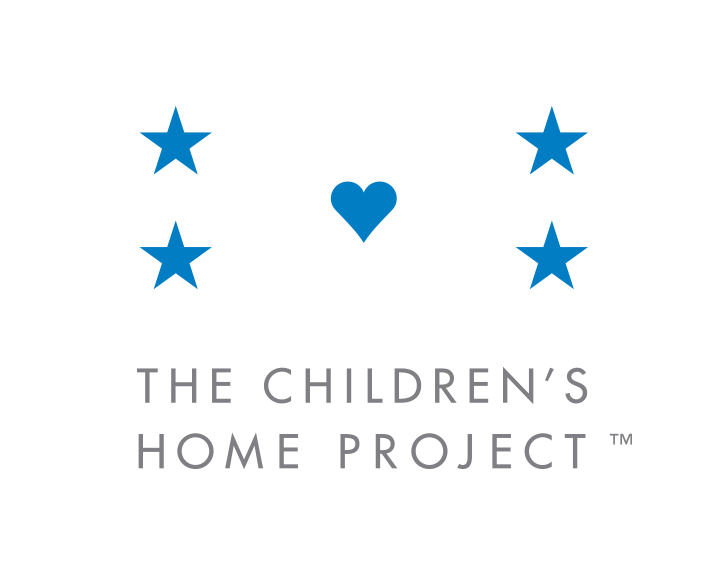Frequently Asked Questions
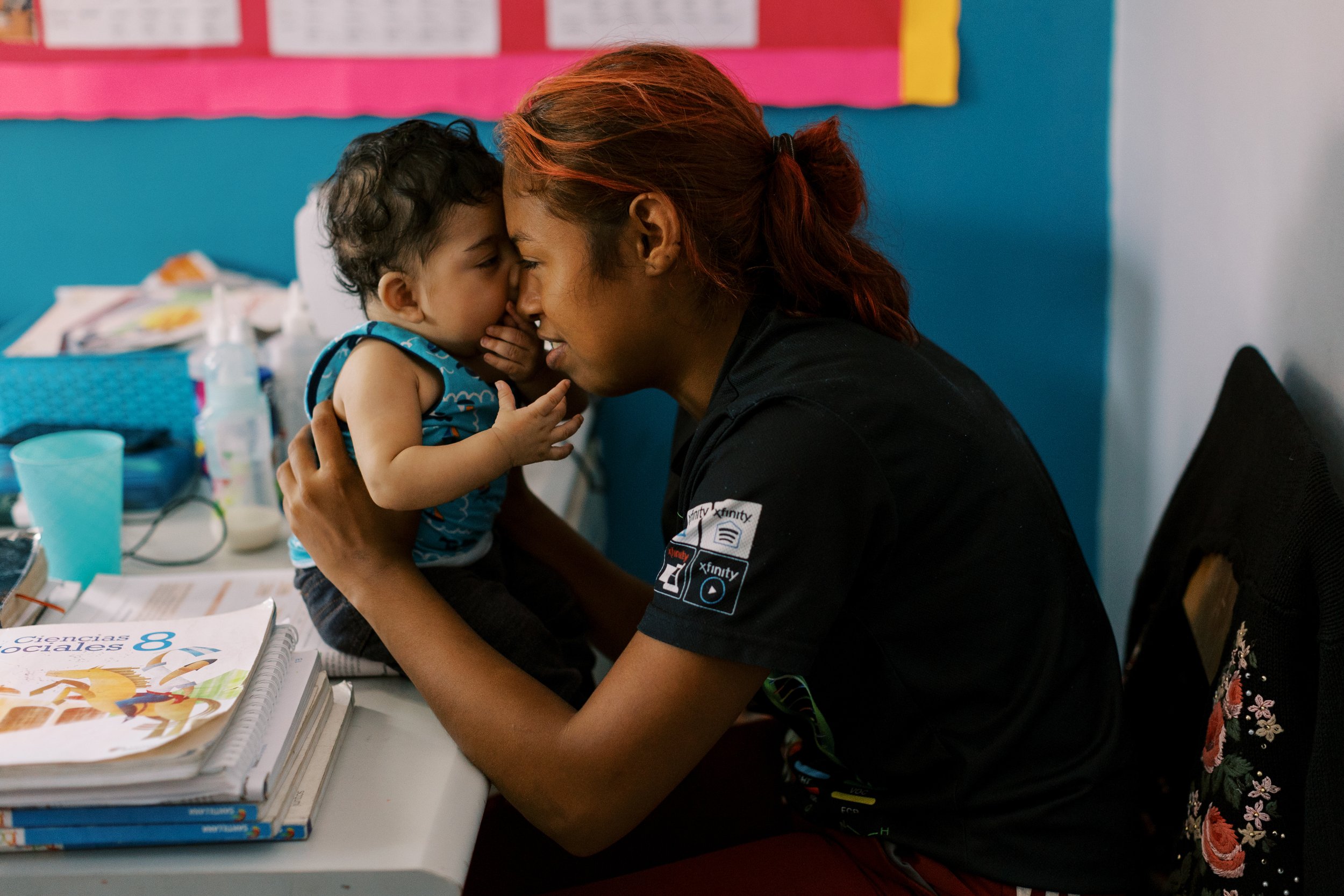
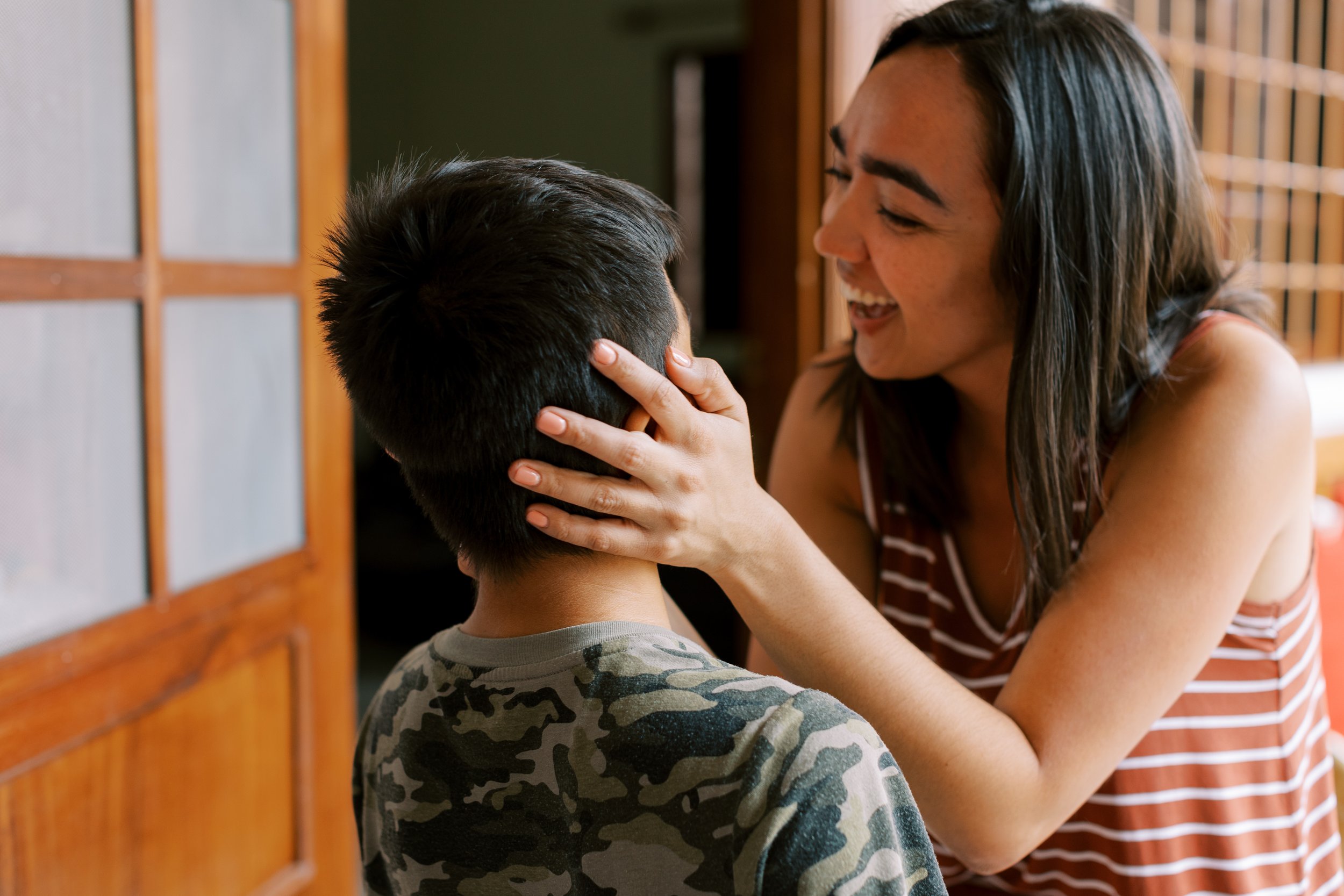
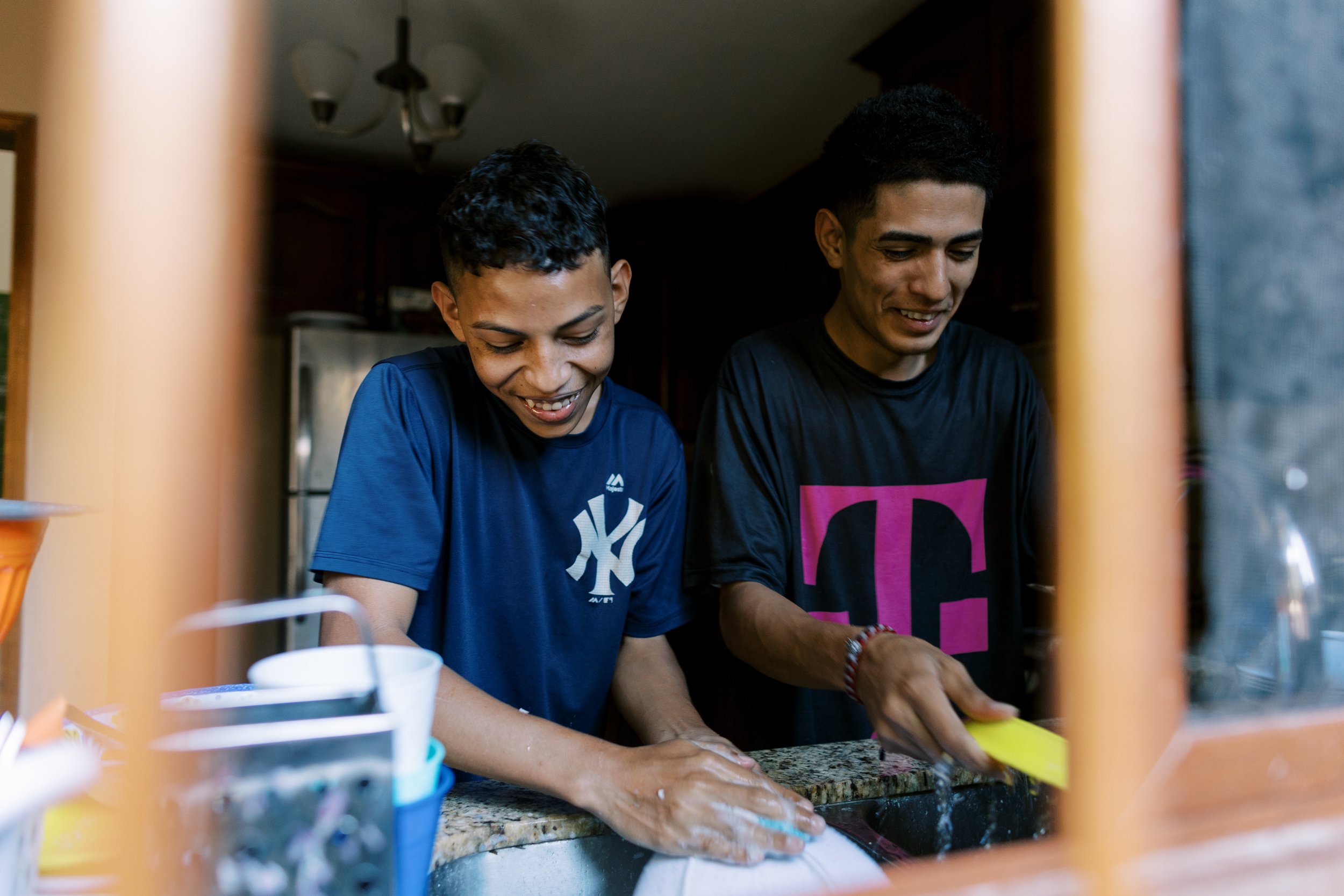
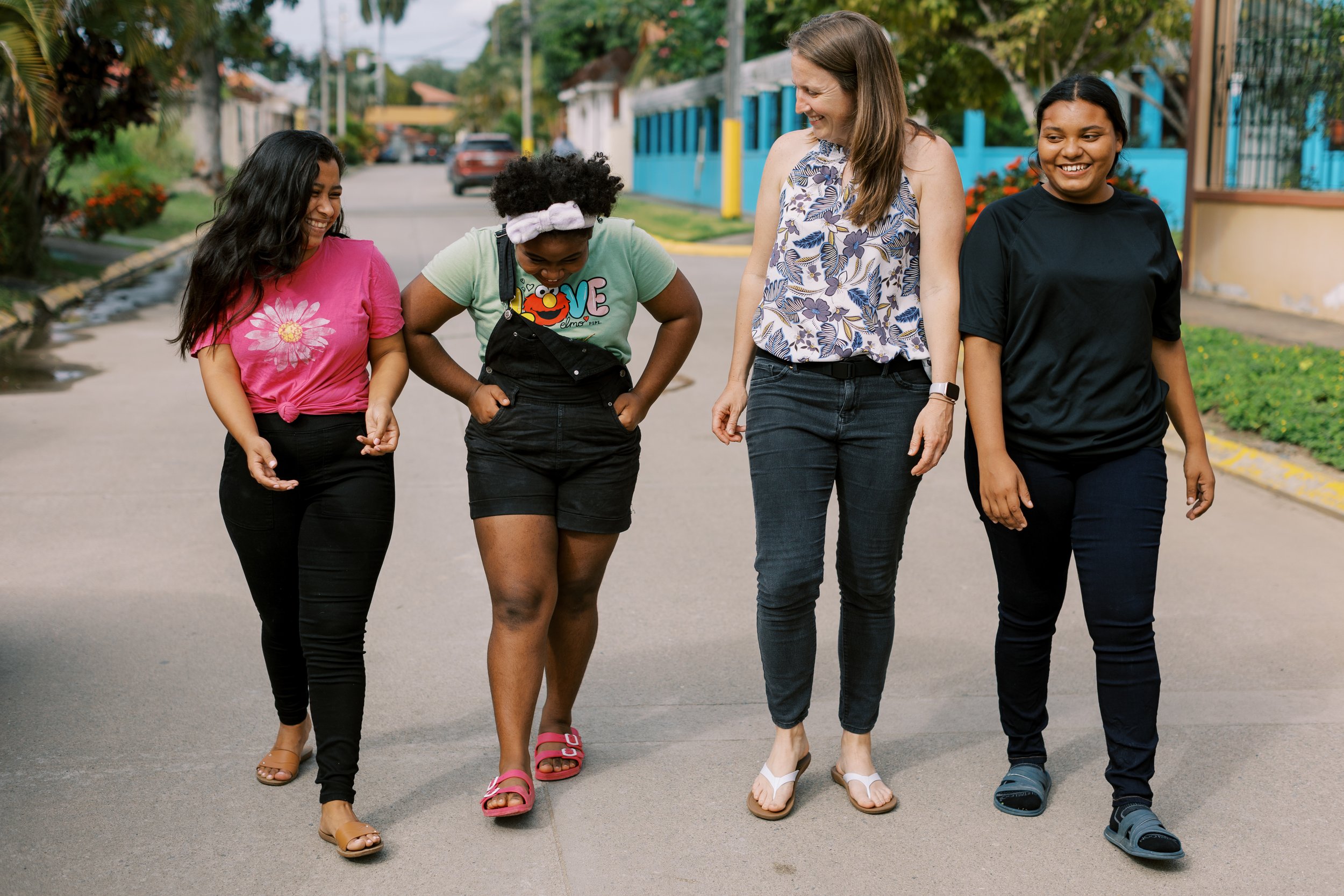
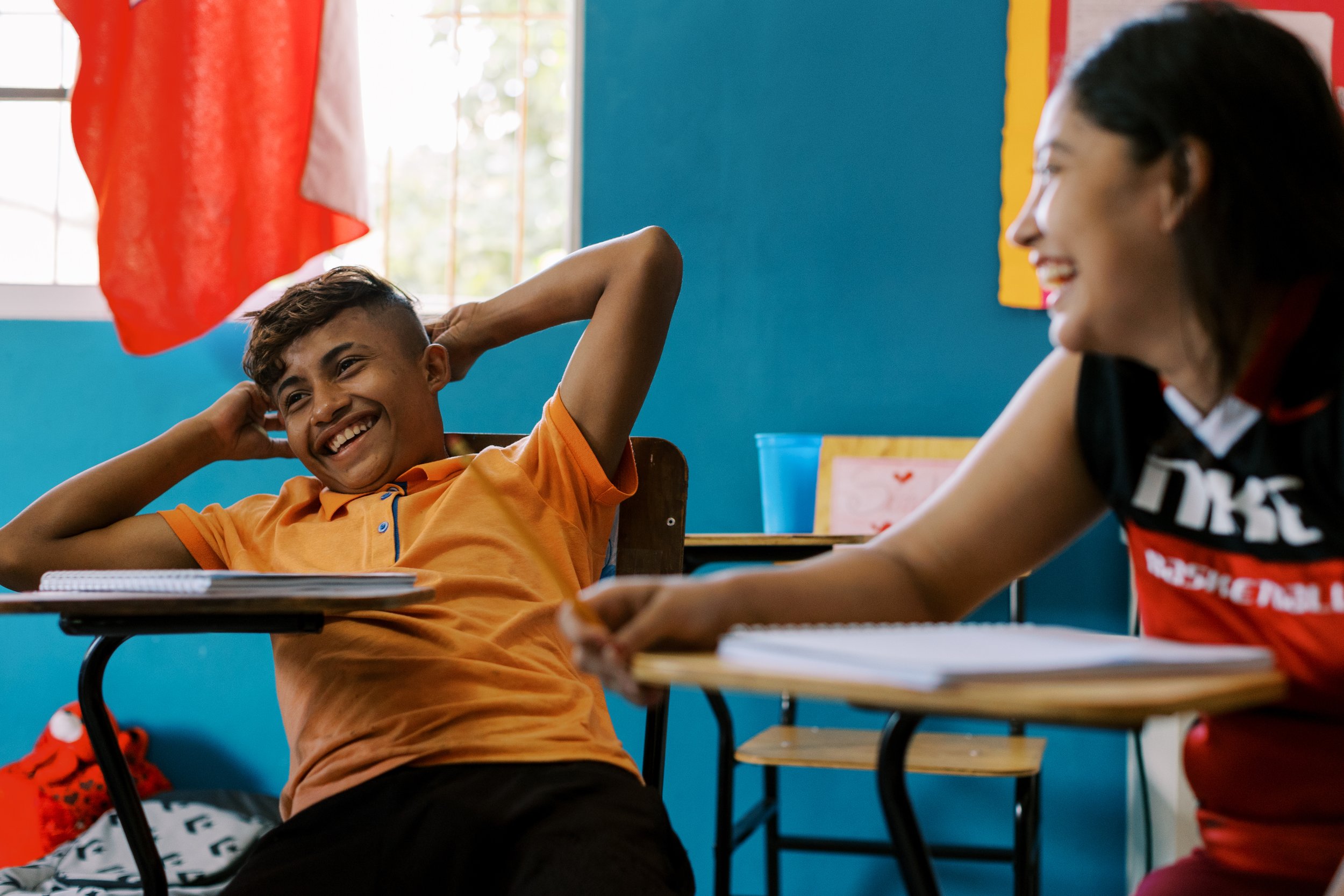
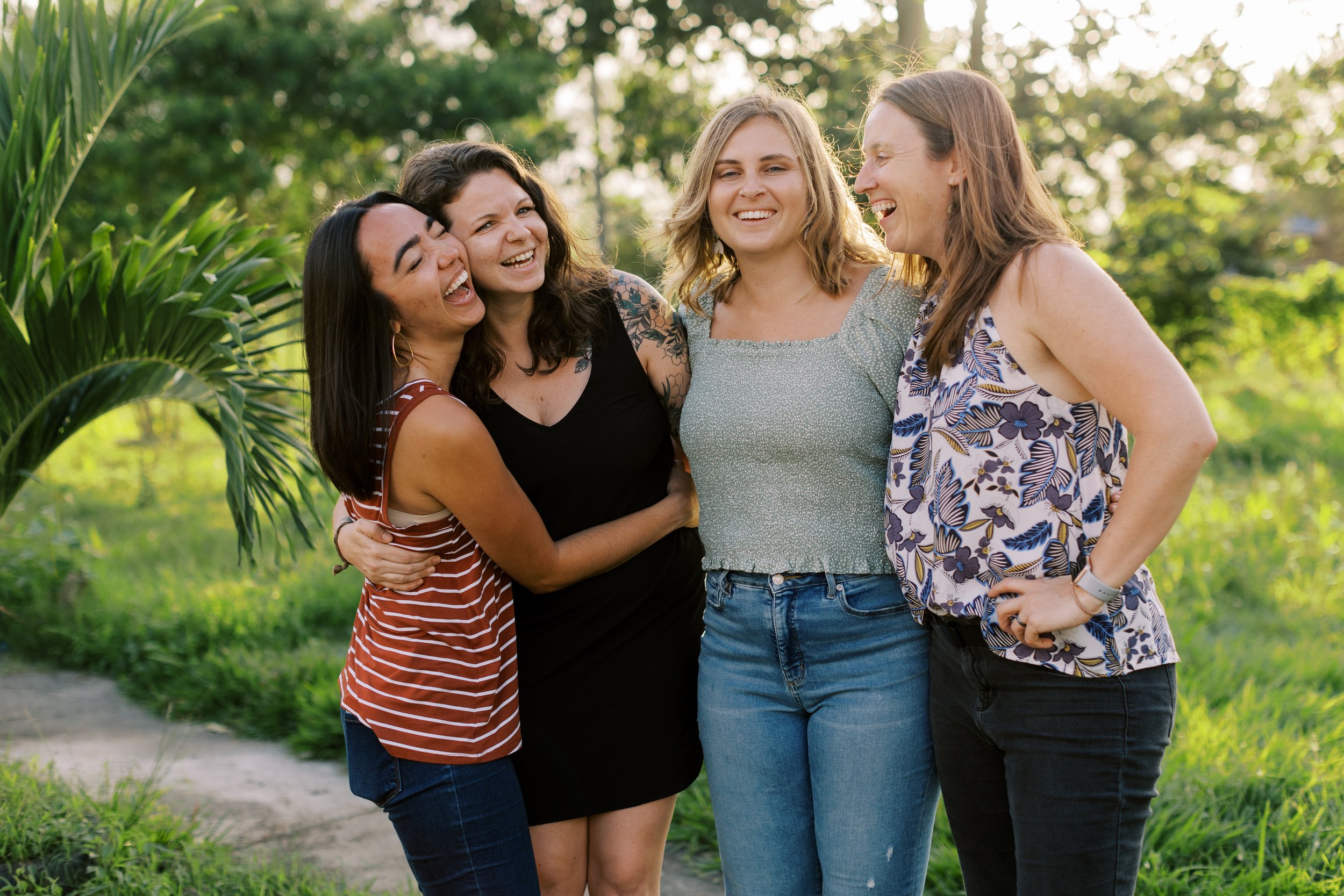
GENERAL FAQs
-
The Children’s Home Project is the umbrella organization that oversees all of our programs. TCHP is a US based 501(c)3 registered in Arizona.
The bulk of our work is in two programs that under the TCHP umbrella:
TCHP Children's Home: Our children’s home
Crecer: Our day center
We also work with alumni of our programs and the community as we are able. Some examples of what this looks like are:
Food baskets given regularly to a nearby community during the strict COVID-19 country-wide lockdown
Repairs to roofs after Hurricanes Eta and Iota in the community where our Crecer kids live.
Medical assistance or scholarships for kids who used to be part of our program, based on the availability of resources.
-
You are always welcome to make a restricted donation to a specific program or category. If you would like for your donation to always go where it’s most needed, you can make an unrestricted donation to the general fund.
-
TCHP Children's Home is located in El Progreso and Crecer is in San Pedro. The sites are about 45 minutes from each other. (Unless there is a lot of traffic. On traffic days, it feel more like 45 days apart.)
-
Our biggest need is financial support. We would love for you to click that donation button at the top of your screen and make a monthly contribution!
There are also in-kind donations that we need on a regular basis. These include:
Toiletries
New school supplies
Soccer balls, cleats and gear
Gently used clothing
New or up to date laptops and tablets
Crocs
-
Orphans - The vast majority of our kids are not orphans as they have at least one living biological parent. Words are an important part of forming an identity and we want to make sure that the identity our kids form is one full of dignity.
Orphanage - TCHP Children's Home is a children’s home. We don’t use the word orphanage because our kids are not adoptable nor have they been orphaned.
Street kid - Instead, we use street connected youth. The term street kid is often derogatory and our kids who have some connection to the street are so much more than a ‘street kid’. All kids with a street connection are more than that. Their connection to the street may be how our paths crossed, but it is a small part of their identity.
-
we receive no financial aid from the Honduran nor US government
CRECER FAQs
-
Every year, we evaluate our capacity for growth. And each child is considered individually. Oftentimes, we accept kids who are significantly behind in school. (i.e. a 15 year old in first grade) But in 2020, when all schools went virtual, we accepted a few kids who were in upper grades, but who would not have been able to sustain their education (and the need for consistent access to internet) if they were studying at home.
-
Typically, we are working with around 10 students.
-
No, our Crecer kids return home to their families every night!
TCHP Children's Home FAQs
-
Our kids are referred to us by SENAF, which is the Honduran equivalent to Child Protective Services in the States. We have some freedom in accepting or denying a placement.
-
Yes, all of our kids live with us full-time.
-
No. Our kid will be with us until they have reached independence or until they can be reunified with their biological family.
-
In 2025, we have 25 boys and girls under our care.
-
Yes and no. In 2025 we moved closer to that model. It started with Marvin, along with his wife and three children moving into the home with our 17-21 year old boys. They need an adult or a parent in the house, but they were off doing school, friend or extra-curricular activities so often that we were paying for an employee to hang out in an empty house!
This change has gone so well that Elsa, along with her husband and two girls have moved into the girls’ house to repeat that model there.
Casa Medina, where our youngest boys live, still have a handful of caretakers who care for out boys and then return to their families.
-
If you have known us from the beginning, that used to be something we did. As we have deepened our understanding of trauma and as we have strengthened our relationship with SENAF that is no longer something that we could do legally, nor do we think that it would be a good idea in most cases.
-
Nope! Our two programs and the kids involved in each are quite separate. All of our kids attend school in Progreso and all of our Crecer kids attend school in San Pedro.
-
There are various ways that our kids leave. Some of our kids are reunified with a biological family member when he or she is still a minor. Some of our kids choose to return to family or strike out on their own when they finish school and are 18 or older. Most of our kids these days are heading to our university program. When they complete college, we will help them transition to their adult life of independence!

